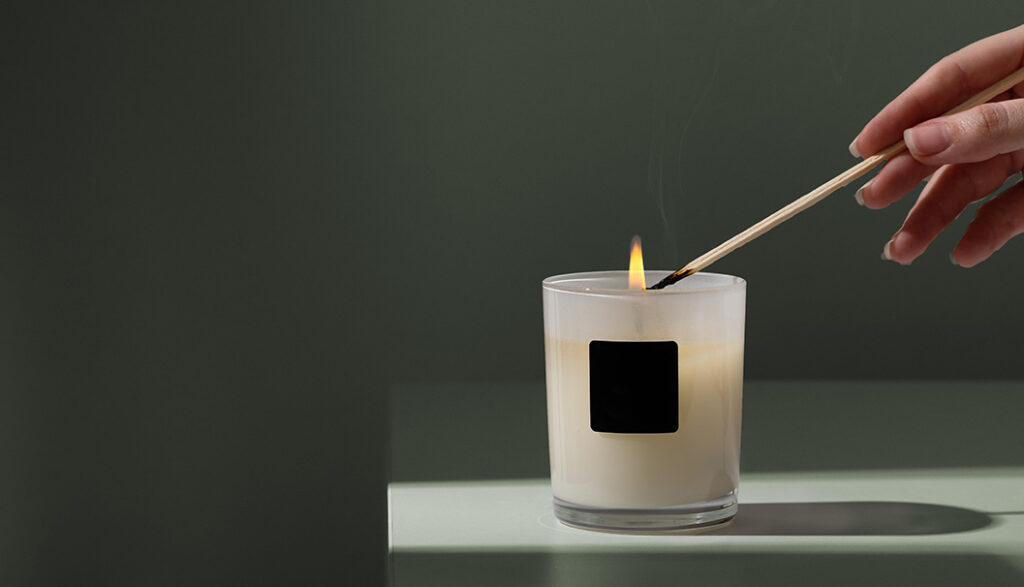Fire alarms
For your safety and wellbeing, our fire detection system continuously monitors the atmosphere for smoke. It is highly effective so in addition to actual smoke from a fire, there are a number of other elements that can set it off. We have provided some tips to help prevent false fire alarms.

What sets it off and how to prevent it
- Vaping and cigarette smoke – smoking is not allowed in any area of the building
- Aerosol sprays, incense, candles – avoid using aerosols near detectors and please refrain from using candles or burning incense
- Shower steam – please remember to close your bathroom door while showering
- Cooking – open your kitchen/lounge windows when cooking, clean appliances to stop debris from burning and causing excess smoke, use your kitchen exhaust fan/rangehood when cooking, refrain from using appliances like toasters, kettles and rice cookers in share apartment bedrooms
How to manage a false alarm
The fire systems smoke and heat detectors fitted in your apartment are activated by smoke, steam, deodorant, incense sticks, vapour and heat. When an alarm sounds in your apartment, you must respond by immediately to ensure your safety and the safety of others. There are two primary causes that will trigger the fire system:
Smoke: Cooking smoke is the most common cause for triggering the fire system. When set of by smoke the alarm sounds until the smoke is cleared or the time to clear the smoke has expired (normally set to 180 seconds), once the timeframe has expired the system triggers a building evacuation and the Queensland Fire and Emergency Service (QFES) will attend. All residents must evacuate as instructed by the fire system.
Heat/Fire: When the fire system is set of by heat it ‘assumes fire’ and will go immediately into building evacuation. All residents must evacuate as instructed by the system and QFES will attend.
When the alarm is triggered by smoke or steam:
Step 1
You have 180 seconds to clear the smoke from the apartment. This includes opening all windows and turning all fans and clearing as mush smoke as possible. For units where the kitchen is downstairs, please be mindful of the detector at the top of the stair as well. Both detectors must be clear to prevent the fire brigade being called and the building going into evacuation mode.
Step 2
If there is smoke is still present after 180 seconds the building evacuation alarm will commence, and the building will go into emergency evacuation with the fire brigade automatically called out. When the fire brigade is called out, there is a minimum fee of $1,351.00 invoiced to lglu. Each fire activation is investigated, and the circumstances of the incident will be reviewed with the charges passed onto the resident if management deems it is applicable.
Note: The charge will be subject to any increases made by the fire brigade in their invoice to us.









